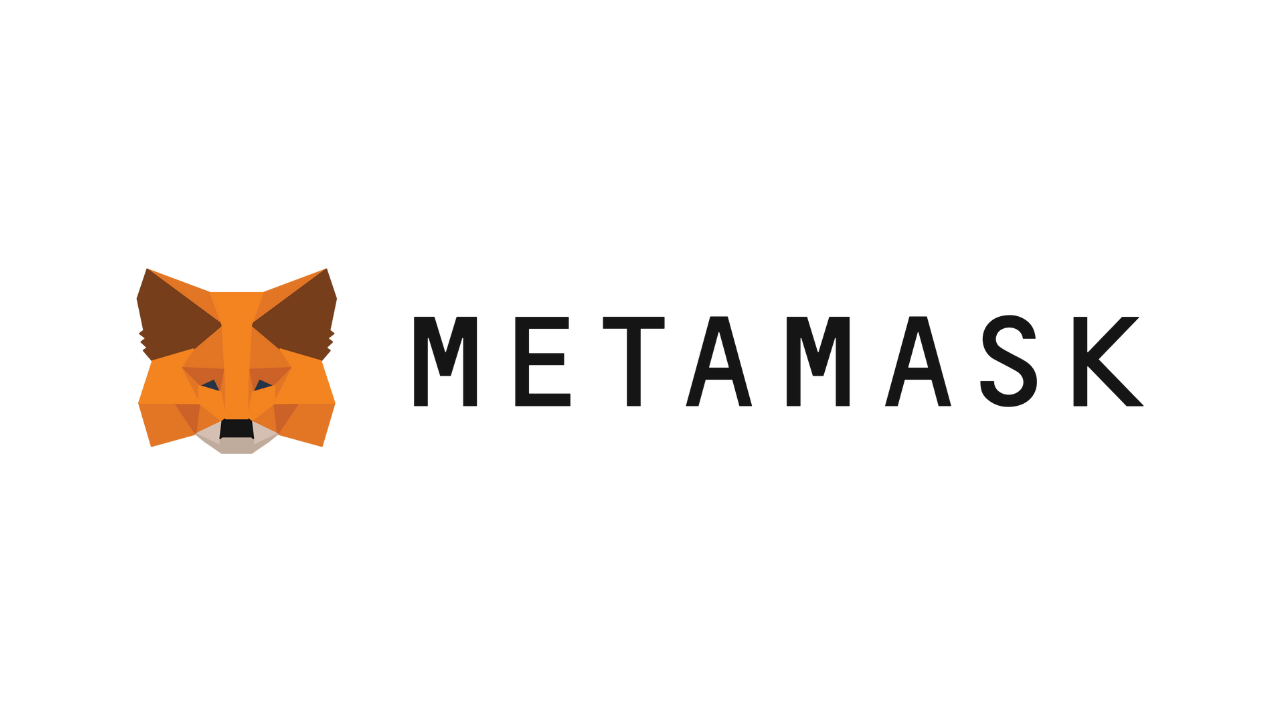India stands at a critical crossroads in its healthcare transformation, with artificial intelligence (AI) emerging as both a powerful catalyst and a strategic necessity. As the nation’s healthcare sector races toward a projected $650 billion valuation by 2025, AI and data-driven technologies are not just enhancing efficiency; they are redefining how healthcare is delivered, accessed, and scaled across the country. The potential economic impact is evolving, with AI in healthcare expected to contribute up to $30 billion to India’s gross domestic product (GDP) within the same timeframe.
India’s vast population (at 1.46 billion or nearly 18% of the world’s population), regional disparities, and overburdened health systems demand innovation. AI offers solutions that can identify gaps in access, improve diagnostic accuracy, and support personalized treatment. From remote care delivery and workflow automation to early disease detection, India’s AI-driven health initiatives are rapidly gaining momentum.
Yet this transformation hinges on more than technology. Success will require strong public-private partnerships, interoperable digital public infrastructure, ethical guardrails, and a workforce equipped for the future of health. As global attention turns to responsible AI deployment, India has a unique opportunity—to catch up and lead.
What follows is an urgent examination of how India is harnessing AI to transform its healthcare ecosystem: from groundbreaking innovations already redefining patient care to the critical challenges that must be tackled now to ensure this revolution is ethical, inclusive, and built to last.
AI in healthcare could add $30B to India’s GDP in 2025
According to a report by NASSCOM, which stands for the National Association of Software and Service Companies, data and AI in healthcare present a significant economic opportunity for India, potentially contributing $25–30 billion to the national GDP as early as 2025. To realize this impact, the rapid deployment of AI across the health sector is essential to improve the quality of care, lower costs, and expand access, particularly in underserved regions.
The premier trade association pointed out that AI is expected to drive transformation in key areas, including patient care and experience, operational efficiency, and medical research and development. However, achieving these outcomes requires urgent prioritization of high-impact use cases, matched with India’s capacity to effectively implement them. According to NASSCOM, healthcare organizations cannot unlock the full potential of AI on their own; they need the right partners to properly deploy AI-powered solutions. Building strong, mutually beneficial collaborations is critical, and these include partnerships with technology product companies, service providers, healthcare AI startups, and academic institutions.
“India’s healthcare infrastructure for deploying AI can best be described as promising but incomplete. On the flip side, the country has built strong digital public goods such as Aadhaar, UPI [Unified Payments Interface], and the Ayushman Bharat Digital Mission, which together create a foundation for secure identity management, payments, and interoperable health records,” pointed out Raj Kapoor, chairman of India AI Alliance.
“Leading hospitals and research institutions are experimenting with AI in diagnostics, radiology, and preventive care, while startups like Qure.ai and Niramai have shown that India can produce globally relevant AI-health innovations,” Kapoor told CoinGeek.
Back to the top ↑
India races ahead with AI innovations
India’s healthcare providers are embracing AI to strengthen their capabilities and not to replace clinicians. Sangita Reddy, Joint Managing Director of Apollo Hospitals, said the institution is actively deploying AI solutions across various clinical functions. These tools are being used to streamline medical documentation, predict disease risks, interpret diagnostic images, and guide treatment planning. AI also improves consultation, supports cancer and cardiac profiling, and enables real-time decision support for robotic surgeries. This shift signals a decisive move toward AI as a critical tool in delivering faster, safer, and more precise care.
Qure.ai, an Indian healthtech startup, is scaling its impact with AI-powered diagnostic tools to detect conditions such as tuberculosis, lung cancer, and stroke early. Its technology is already being used globally, with clients including AstraZeneca, Medtronic, and Johnson & Johnson MedTech in India, according to a Reuters report.
As demand for precision diagnostics rises, the company is aggressively moving toward profitability by the next financial year and is targeting an initial public offering (IPO) within two years. Founded in 2016 and backed by AI firm Fractal Analytics, Qure.ai has recently secured $125 million in funding. Its rapid growth underscores the urgent need for scalable, AI-driven solutions in both domestic and global healthcare markets.
Niramai, another rising Indian healthtech startup, is reportedly addressing the critical need for early breast cancer detection with its breakthrough solution, Thermalytix. This flagship product combines thermal imaging—a decades-old technology—with cutting-edge artificial intelligence to offer a non-invasive, privacy-preserving, and radiation-free alternative to traditional mammography.
Powered by proprietary machine learning algorithms, Thermalytix captures high-resolution thermal images of the chest to detect subtle temperature variations. These images are then analyzed in the cloud to identify abnormalities that may indicate early-stage breast cancer, often before symptoms appear.
This innovation is especially vital for younger women, for whom mammography is often less effective due to breast density. Traditional screening methods can also be uncomfortable and intrusive, creating barriers to early diagnosis.
Back to the top ↑
India’s AI push sets model for global health equity
In an April 2025 report, the World Economic Forum (WEF) stated that India is shifting to a proactive approach, inclusive healthcare innovation, powered by artificial intelligence, digital public infrastructure, and cross-sector partnerships. Leading pharmaceutical companies, such as Sun Pharma and Dr. Reddy’s Laboratories, are now using AI to address major public health burdens like tuberculosis and diabetes. These targeted efforts are helping position India as a global leader in affordable healthcare innovation, especially in critical for low- and middle-income countries (LMICs), which faces similar challenges but lacking the resources for expensive research and development (R&D).
“Governments and policy-makers must develop international AI governance frameworks that prevent data monopolization and promote ethical use. Investors and industry leaders should fund privacy-conscious AI models and scale digital public infrastructure to reach last-mile communities. Global organizations like WHO, OECD and the World Economic Forum must support interoperability standards and foster knowledge exchange between emerging economies like India, Indonesia and Brazil,” the WEF said in the report.
“The future of healthcare isn’t inevitable – it’s a choice. India is choosing collaboration, intelligence and equity. If the rest of the world is bold enough to follow suit, it will be healthier, more resilient and more connected than ever before,” it added.
Back to the top ↑
India’s AI healthcare set for rapid growth with 3 key trends
IndiaAI, the government of India’s central initiative to build a comprehensive and inclusive AI ecosystem, stated in a report that India’s AI healthcare journey is poised for exponential growth driven by three transformative trends. First, AI-powered remote care solutions are set to dramatically expand access to specialized medical services in underserved and rural areas, effectively breaking down long-standing geographic barriers. This is not a future possibility; equitable healthcare delivery is an urgent necessity.
Second, the global momentum behind generative AI is reshaping clinical workflows. With 85% of healthcare leaders worldwide already investing in this technology, India stands to gain significantly through enhanced productivity, faster decision-making, and reduced operational costs across both public and private health systems.
Third, IndiaAI said that the focus on building AI-ready health datasets is becoming central to India’s strategy. These data-centric innovations will be key to unlocking breakthroughs in precision medicine, enabling earlier interventions, and transforming how diseases are predicted, prevented, and managed.
“The global AI healthcare market is projected to grow from $19.27 billion in 2023 to an astounding USD 613.81 billion by 2034, at a CAGR of 36.83%, demonstrating AI’s undeniable transformative potential. India, too, is carving a prominent niche in this revolution. Reports estimate that the Indian AI healthcare market will achieve a remarkable CAGR of 40.6% to reach $1.6 billion by 2025,” IndiaAI said in the December 2024 report.
“As India’s healthcare sector is set to hit $650 billion by 2025, growing at 22.5% between 2016 and 2022, AI’s integration stands at the confluence of innovation and necessity. It promises to address critical challenges while creating a more efficient, accessible, and patient-centric healthcare ecosystem,” the report added.
Back to the top ↑
Ethics, data, and access concerns threaten AI healthcare progress
However, the pace of AI advancement also raises ethical concerns. The WEF pointed out that issues like algorithmic bias, data ownership, and unequal access must be addressed. Without clear global standards for transparency and equity, the promise of AI could deepen healthcare disparities. As a global powerhouse in generics and biosimilars, India already plays a crucial role in delivering cost-effective treatments worldwide. AI-driven collaborations between tech firms and pharmaceutical companies are pushing new boundaries in diagnostics, disease modelling, and real-world evidence.
Crucially, AI’s effectiveness depends on the quality and scale of data it learns from, and this is where India is making significant strides, the WEF stated. The Ayushman Bharat Digital Mission is digitizing over 500 million patient records, enabling predictive care and more accurate long-term health planning.
One of the most impactful innovations emerging is federated learning, where AI models are trained across decentralized data sources without compromising individual privacy. This technology allows India to enhance diagnostic accuracy while preserving patient rights.
“The challenges, however, are significant. Digitisation is fragmented as many hospitals and clinics still rely on paper-based records, making it difficult to create large, clean datasets for AI training. Rural and semi-urban regions, where most of India’s population resides, often lack reliable Internet access, cloud infrastructure, and AI-ready equipment. Add to that, a talent bottleneck: while India produces world-class AI engineers, there is a shortage of professionals trained in clinical informatics, medical data annotation, and regulatory science,” informed Kapoor of India AI Alliance.
“Finally, data privacy and cybersecurity frameworks are still evolving, raising concerns around patient safety and trust. In short, in my opinion, India does not yet have universal readiness, but it has the building blocks, intent, and momentum. With targeted investments in digital health infrastructure, stronger regulatory guardrails, and skilling initiatives, it can rapidly scale AI deployment across its healthcare system,” Kapoor added.
In order for artificial intelligence (AI) to work right within the law and thrive in the face of growing challenges, it needs to integrate an enterprise blockchain system that ensures data input quality and ownership—allowing it to keep data safe while also guaranteeing the immutability of data. Check out CoinGeek’s coverage on this emerging tech to learn more why Enterprise blockchain will be the backbone of AI.
Back to the top ↑
Watch | Mark Thiele: Ownership of healthcare data crucial
title=”YouTube video player” frameborder=”0″ allow=”accelerometer; autoplay; clipboard-write; encrypted-media; gyroscope; picture-in-picture; web-share” referrerpolicy=”strict-origin-when-cross-origin” allowfullscreen=””>
Source: https://coingeek.com/india-bets-on-ai-to-transform-650b-healthcare-sector/


